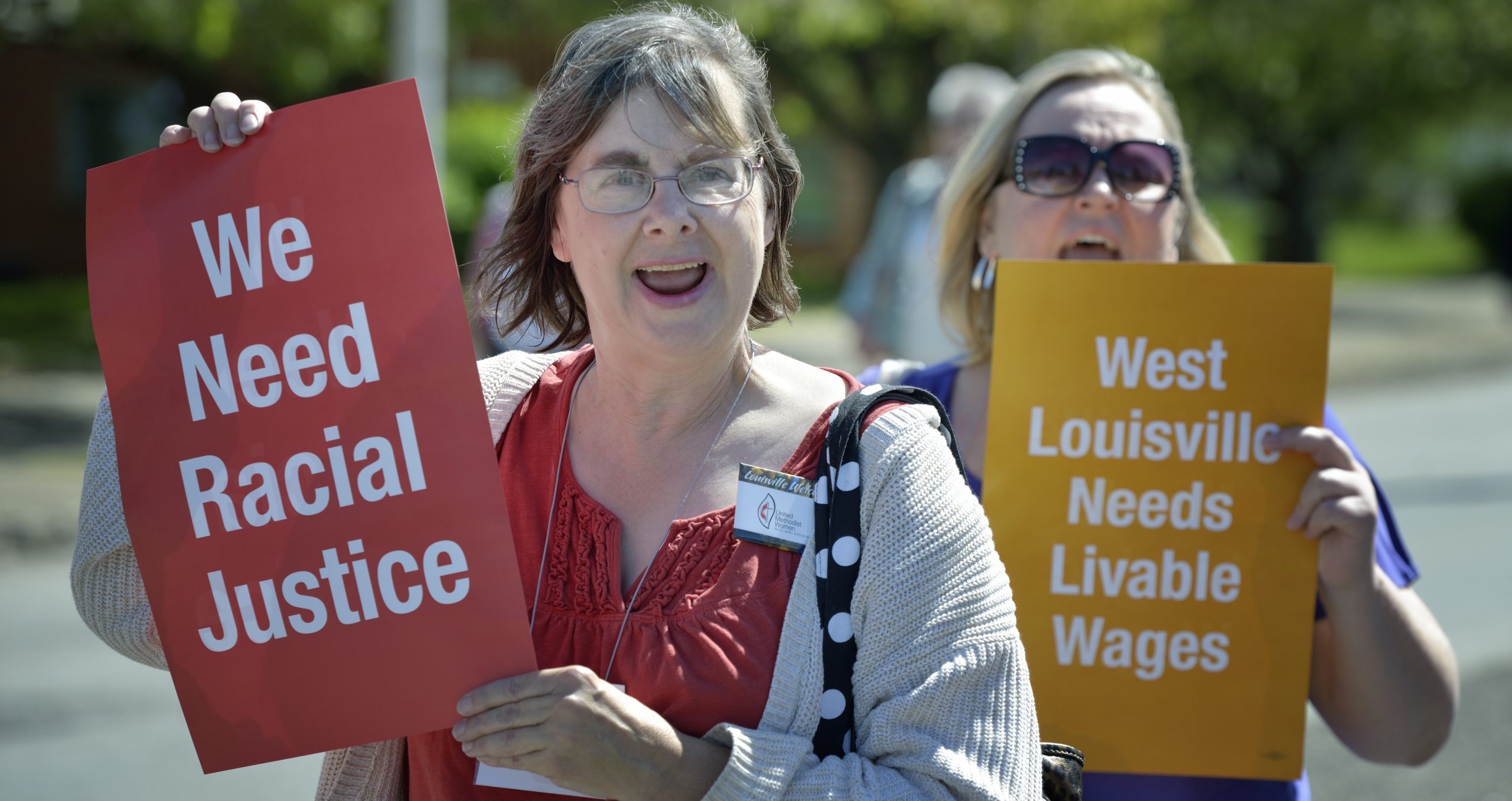
General Conference
Because We Believe
United Women in Faith asks for renewal of the Charter for Racial Justice
by Tara Barnes
One of the resolutions up for readoption at the 2024 General Conference and submitted by United Women in Faith is “A Charter for Racial Justice in an Interdependent Global Community,” a resolution that has been a policy of United Women in Faith’s since 1952 and of The United Methodist Church since 1980. You can find it in the current Book of Resolutions of The United Methodist Church, as Resolution 3371.
Statements in the Book of Resolutions expire every eight years. With the delay of 2020 General Conference to 2024, the church faces the unique circumstance of the entire book being up for readoption.
With an eye to the amount of legislation before delegates this April, and in alignment with sister agencies, United Women in Faith has submitted 10 of its 11 readoption requests without changes. We submitted the Charter for Racial Justice with minor, necessary edits to the introductory text. We are asking delegates to adopt our petition over another submitted. We plan to make more significant updates to our historic resolution at a future General Conference.
Commitment to Antiracism
In response to the church’s creation of the racist Central Jurisdiction, a non-geographical jurisdiction into which all African American churches were segregated, the then Woman’s Division of Christian Service in 1941 adopted a policy of holding its meetings only in places where all members could stay without any form of racial segregation. It was then the division also began drafting its first Charter for Racial Justice Policies.
As our Racial Justice Time Line explains, issues of racial justice impacted the Methodist denomination early on with disagreements over slavery and the authority of the bishops that led to a denominational split in 1844. The southern region of the church withdrew and formed the Methodist Episcopal Church, South. In the years following the U.S. Civil War, the women’s missionary organizations were formed throughout these predecessor denominations. Confronting racial inequities and striving for inclusion expanded the organizations’ missional identities.
The Charter for Racial Justice is at the heart of The United Methodist Church’s efforts to reckon with our own institutional racism, dismantle it, and move the church toward Beloved Community.
United Women in Faith celebrates the diversity of God’s good creation. As a sisterhood of grace, we are called together by a shared mission: love in action. We affirm our ongoing commitment to the principles outlined in the Charter for Racial Justice and recognize racism as a deep sin and a clear rejection of the teachings of Jesus Christ. We grieve the many ways that racism has harmed our relationships with God, with ourselves, and with one another.
We submit the charter for readoption to invite all United Methodists to pledge to work for the elimination of racism at all levels: individual, interpersonal, institutional, cultural, and systemic.
The petition “A Charter for Racial Justice in an Interdependent Global Community,” number 20831-CB-R3371, is currently assigned to the Church and Society 2 legislative committee and can be found on page 1230 of the Advance Daily Christian Advocate, Volume 3, Section 1.
Tara Barnes is director of denominational relations for United Women in Faith.

